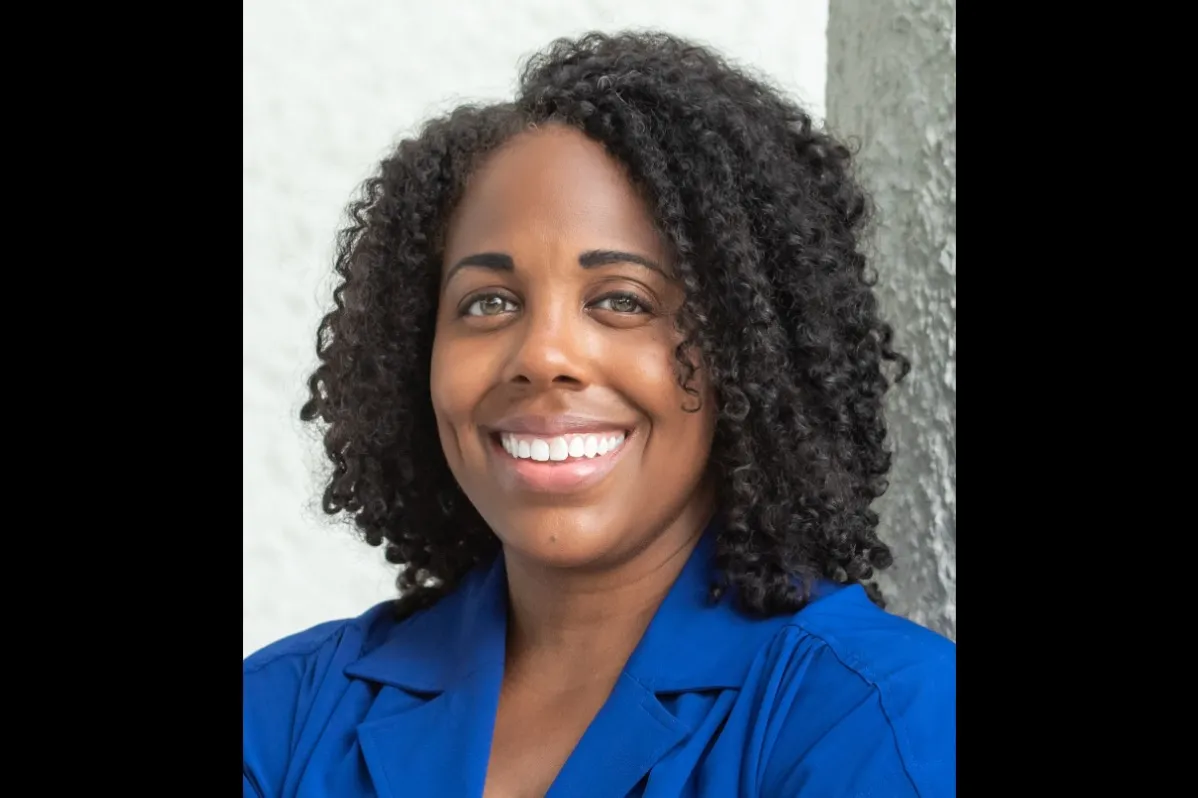States across the country are grappling with a reproductive rights crisis, and in vitro fertilization (IVF) is caught in the crossfire. In Kentucky, one of the states with the most restrictive abortion bans, healthcare providers are increasingly concerned about their ability to offer essential reproductive care due to draconian laws.
These laws may deny or delay essential care during miscarriages or other reproductive emergencies, putting the lives of patients at risk. Doctors may be forced to prioritize advice from lawyers over medical judgment, compromising patient care. As we see now, these laws extend their chilling effects to other reproductive services, including IVF.
IVF involves fertilizing eggs outside the body, then transferring embryos to the womb. However, laws defining life as beginning at fertilization raise concerns about embryo disposal and destruction, making IVF practices uncertain. This uncertainty stems from the fact that during the IVF process, multiple embryos are created to increase the chances of a successful pregnancy.
Not all embryos will be viable for transfer, and some may be frozen for future use. Creating surplus embryos helps improve the odds of success while reducing the need for additional IVF cycles, which can be emotionally and physically draining.
Some embryos may need to be disposed of due to health risks, such as genetic abnormalities that could complicate a future pregnancy. Additionally, many couples choose to discard surplus embryos to avoid ethical dilemmas associated with long-term storage, such as the potential for embryos to be forgotten or abandoned in storage facilities and questions about how they should be handled over time.
Harsher laws affecting reproductive health can impact how IVF can be practiced, as a state’s interpretation of when life begins and its statutes governing reproductive health can impose civil and criminal liabilities on healthcare providers and patients alike. Ongoing restrictions have created significant obstacles for IVF doctors, causing clinics to pause their services or close altogether.
Locally, my opponent for state representative received the endorsement of an organization that requires its endorsees to agree with the belief expressed in this survey question:
“In 2024, a judge in Alabama ruled that embryos from IVF (In Vitro Fertilization) are human beings. Do you believe that embryos created through IVF should be protected as all other lives?”
Her 100% rating indicates full alignment with this position, which poses a significant threat to the reproductive rights of Kentucky families who rely on IVF to build their families.
At the national level, Senator JD Vance claims to support IVF, yet when given the chance to protect it, his voting record tells a different story. He voted against the Right to IVF Act, failing to back his words with genuine action. His dismissive remarks about “childless cat ladies” reveal a profound misunderstanding of the complexities of reproductive choices and the value of women’s autonomy.
Ironically, Vance’s policies may force women into the very scenario he mocks – unable to build families due to restricted access to IVF.
Voters rejected a state constitutional amendment two years ago aimed at eliminating exceptions for abortion, yet our current state representative for House District 64 ignored the voice of her constituents, pledging support for the extreme abortion ban.
This highlights the importance of local elections, where reproductive rights – including access to IVF – are often at risk in the aftermath of the Dobbs decision. The same laws restricting abortion can also affect IVF by imposing limitations on how embryos are handled and stored, further illustrating why electing representatives who understand the broader implications of these laws is critical.
Your vote matters now more than ever. Elect representatives who will listen to their constituents.
I support common-sense exceptions to Kentucky’s abortion ban and firmly believe in the importance of comprehensive reproductive healthcare. You can expect me to always support policies that prioritize women’s health, well-being, and autonomy.
Together, we can work toward a future where reproductive rights are respected and safeguarded, allowing Kentucky’s families the freedom to make the best choices for their lives while ensuring their safety and well-being.
My name is Heather Crabbe and I would be honored to serve as your next state representative.
Heather Crabbe is an attorney who is running for state representative in House District 64, which covers part of Covington, Latonia, Taylor Mill, Ryland Heights, most of Independence, part of Edgewood, and part of Erlanger. She, her husband, and two children live in Independence.
--30--
Written by Heather Crabbe. Cross-posted from the NKY Tribune.








